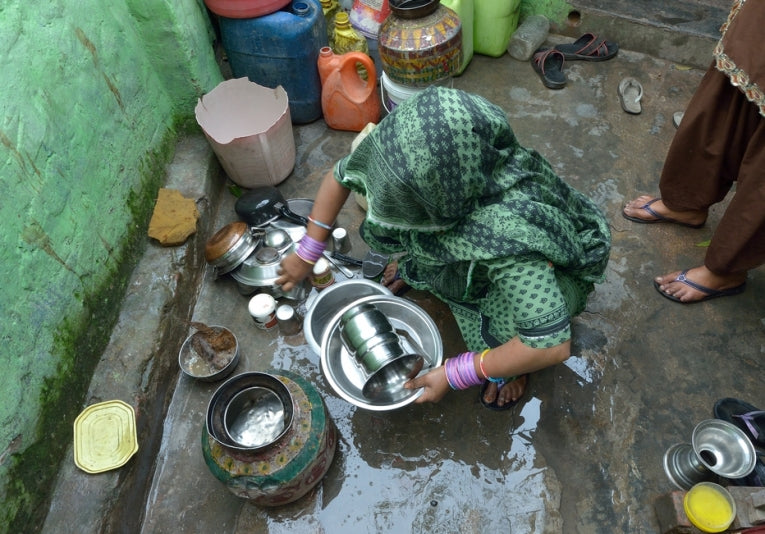When the General Assembly of the United Nations met for its 67thsession in November 2007, one of its acts was to proclaim 20th February as World Day of Social Justice. The day was first observed in 2009.
This is a day when member states are invited to devote a day to promoting national activities in accordance with the objectives and goals of the World Summit for Social Development that took place in Copenhagen in March 1995.
This Summit, which was the largest gathering of world leaders at the time, produced the so-called Copenhagen Declaration that pledged to make the conquest of poverty, the goal of full employment and the fostering of social integration the overriding objectives of development.
Social development, solidarity, harmony and equality within and among countries are vital elements of social justice, with equality and equity constituting the fundamental values of all societies. To achieve "a society for all" governments at the World Summit made a commitment to the creation of a framework for action to promote social justice at national, regional and international levels.
They also pledged to promote the equitable distribution of income and greater access to resources through equity and equality and opportunity for all. The governments also recognized that economic growth should promote equity and social justice and that "a society for all" must be based on respect for all human rights and fundamental freedoms.
For the United Nations the pursuit of social justice for all is the core of its global mission as it strives to achieve development and human dignity. Social justice is regarded as an underlying principle for peaceful and prosperous coexistence within and among nations.
Together with the principles of social justice go gender equality and the rights of indigenous people and migrants. When barriers to gender, race, age, ethnicity, religion, culture or disability are removed, social justice is automatically advanced.
An essential element of this must be guarantees of fair outcomes for all, through social protection, social dialogue and the right to work with full and decent employment. Full employment is a further essential element in the elimination of poverty, but alongside this, people must feel comfortable in a stable, safe and just society.
Allied to all this are a whole raft of personal rights that are included in the overall umbrella of Social Justice. There is the right for citizens to speak out, to participate in the political process and to join organisations of their choosing. This is all alongside the economic rights to a good-paying job, health care, education, housing and a generally decent living standard. In the developed world, although there are still pockets of deprivation, this has all largely been achieved, but these achievements all took time and were not reached overnight.
175 years ago Charles Dickens graphically portrayed the poverty and deprivation of Victorian London in his novel Oliver Twist. Such conditions seem unbelievable in the 21st century, but sadly in many countries they are the norm, particularly in the developing world.
World Day of Social Justice is an opportunity to show support for the eradication of poverty, the promotion of full employment, respect for all human rights, decent work, gender equality, access to social well-being and justice for all.
Although trade unions and pressure groups often stage large demonstrations to mark the day, there is also a great deal of activity that takes place in a rather more modest way. Schools, colleges and universities often prepare special activities and some even extend these for a whole week. Generally these events will be themed around poverty, social and economic deprivation or exclusion, or unemployment.
Media organisations such as TV, radio, the press and Internet sites can also cover activities that promote the day.
No matter where people live in the world, they all want to be treated fairly. They want to live in a decent society where their children can go to school, where there is easy access to decent health care, where there is full employment and where citizens can vote freely and participate in the role of government.
Sadly for many, much of this is only a dream, but as history has shown us, given time and a will to succeed, dreams can often become a reality.










